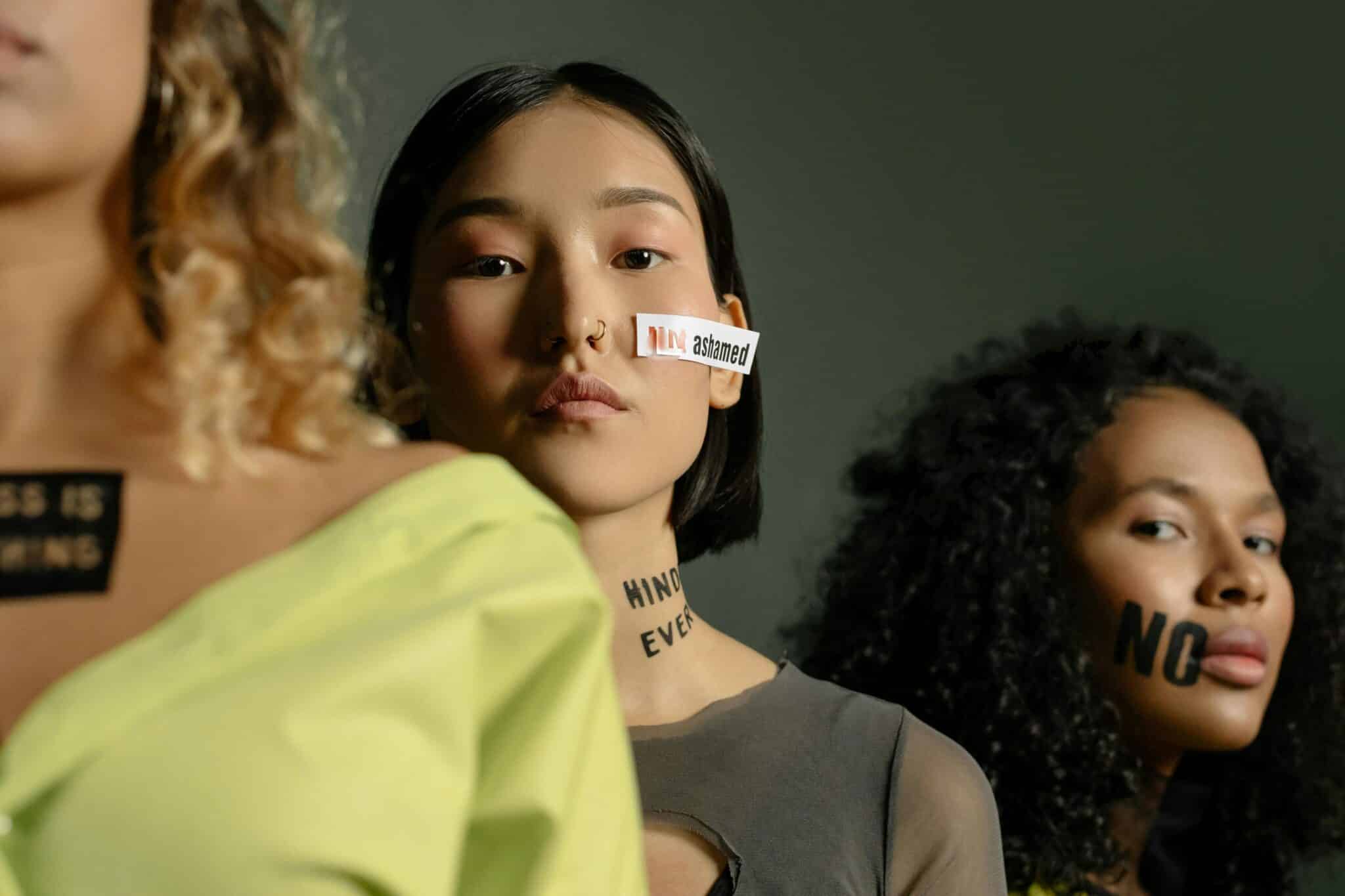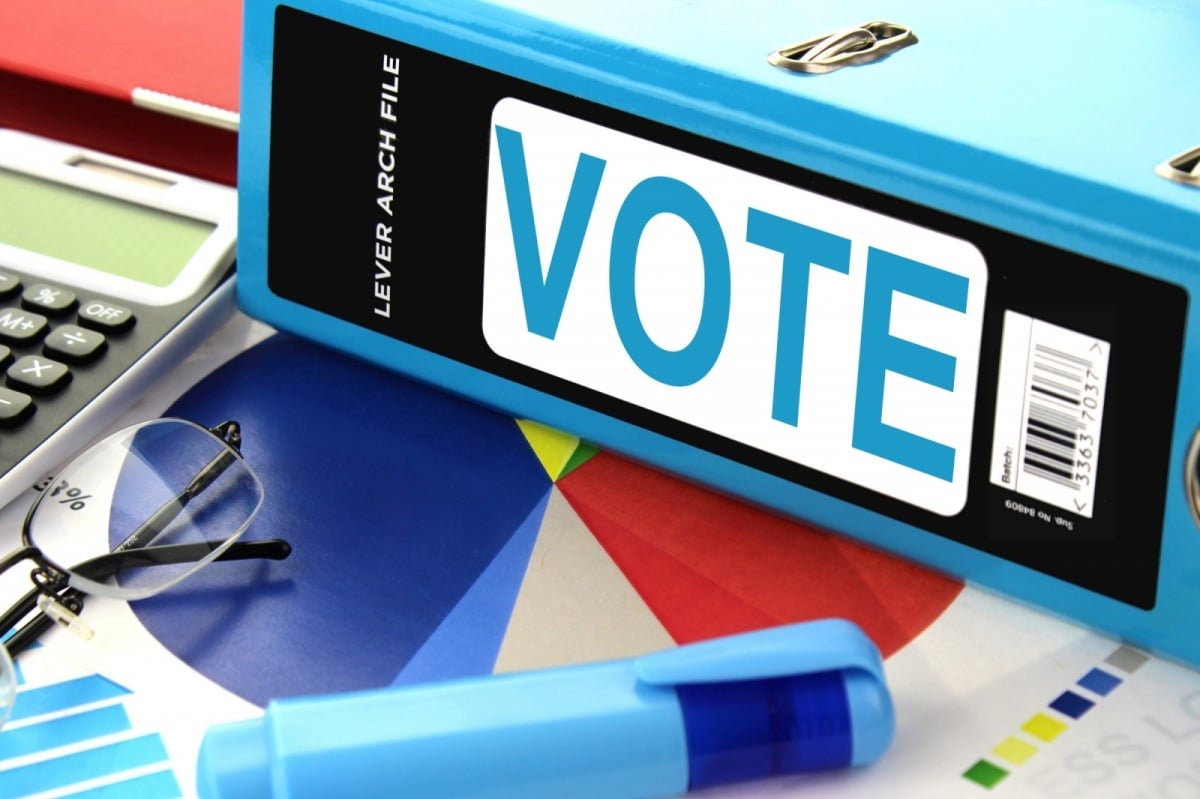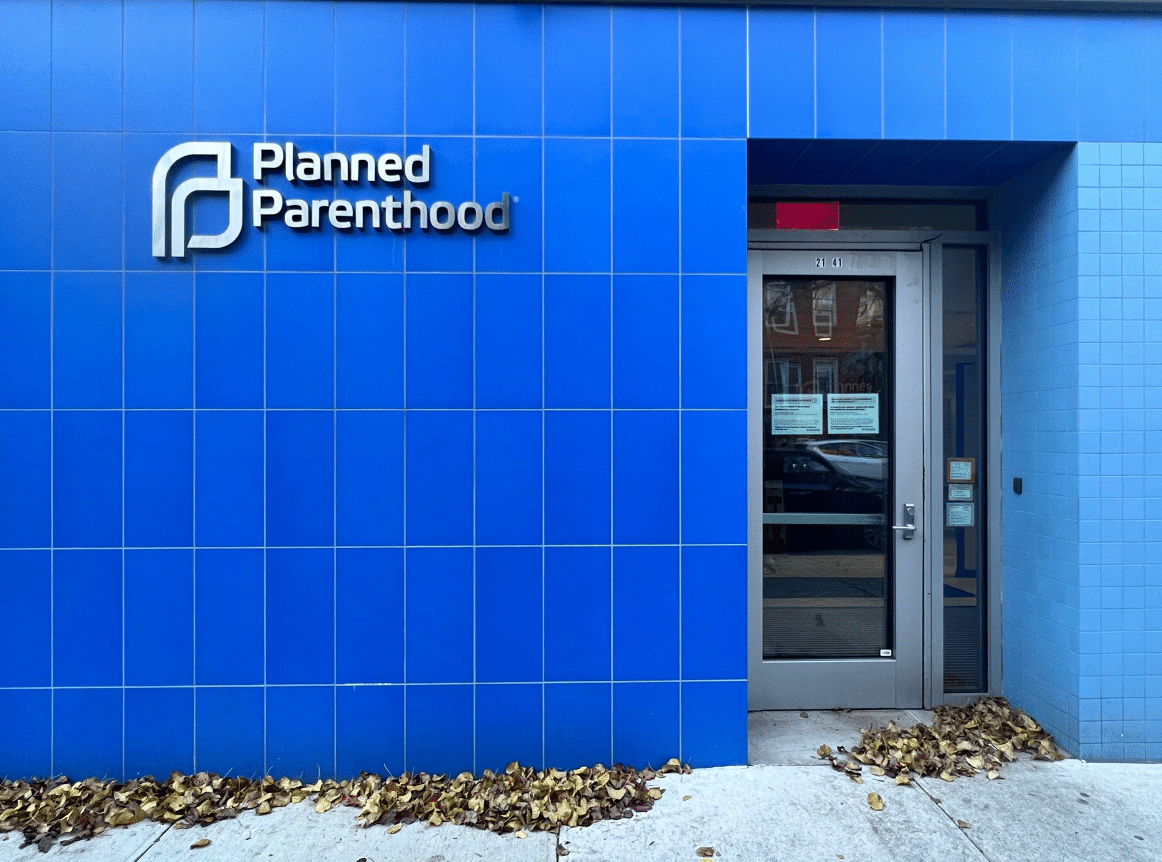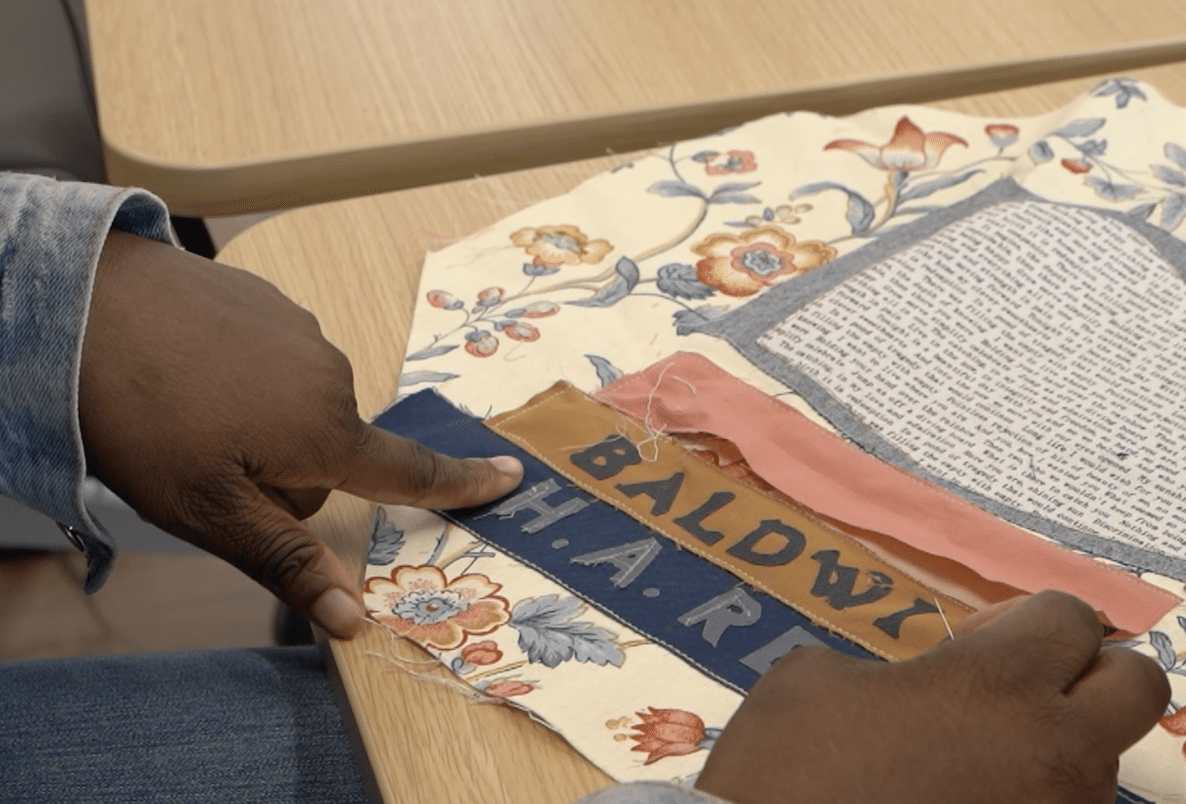Woman posing for the camera, with "not ashamed" written on her face and "Bodily Integrity" on her chest. Photo by Cottonbro Studio, creative common license, courtesy Pexels.com.
Emily Taveras, a CCNY communications student, was introduced to feminist ideals and female empowerment early in her childhood. Still, she often feels silenced by men in her life. When Taveras, 27, learned about the 4B movement, originally a South Korean response to gender inequality that now resonates in the U.S., she realized that she had been living by these principles. “These issues are everywhere,” she says. “It’s a universal movement now.”
Donald Trump’s election only solidified her stance. “I’ve been doing this forever, but it’s good to see women coming together to send a wake-up call to men,” says Taveras, a Bronx native. “It’s devastating to see us moving backward, but at the same time, it’s not surprising.”
As Trump’s re-election reignited conservative debates on women’s rights, reproductive health, and gender roles, many American women found inspiration in South Korea’s 4B movement — a feminist rejection of marriage, childbirth, dating, and relationships with men symbolized by four Korean words that start with “b”. For women like Taveras, who already embraced some of these choices, the movement offers a framework of solidarity and empowerment in the face of political shifts. Social media platforms like TikTok have emerged as spaces for the 4B movement, channeling widespread dissatisfaction with societal norms and inspiring a wave of feminist activism across the U.S.
Following the 2024 U.S. election, American women gravitated toward this movement, after seeing their hopes dashed by Kamala Harris’s defeat. The numbers tell the story: A significant 56 percent of young men voted for Donald Trump, compared to 58 percent of young women voting for Harris. Trump’s conservative ideals—particularly his stance against abortion—led many women to feel that his election represented a direct challenge to their reproductive rights. “I cannot believe that was something that had to be done and that now we are at our rock bottom,” says Mrs. Salle, a young woman tearfully expressing her feelings about the 4B movement in her TikTok post after the elections. “I feel like I’m in a different world today.”
One element of the Korean 4B movement involves women shaving their heads as a rejection of traditional standards of femininity. Some U.S. women followed suit on TikTok and other platforms in protest of Trump’s election. However, in this divisive era where social media can become a battleground, this trend faced backlash. Some critics have called this act insensitive, arguing that it perpetuates stereotypes about bald women, particularly those who have lost their hair due to an illness. “Us women with hair loss don’t take your words kindly,” Lauryn Alexis, a young woman with alopecia—an autoimmune disease that causes patchy or complete hair loss—shared her thoughts on TikTok. “In fact, you’re definitely making it harder for us to feel loved.”
In addition, some women believe that, despite its ambition, the U.S. 4B movement overlooks the fact that South Korean women are facing much harsher problems than American women. “Korean women are dealing with a different type of misogyny than we do in America right now,” says Kyndall Flowers, a 26-year-old CCNY student majoring in English. “It’s a little naive and reactionary, but everybody has to start somewhere.”
The 4B movement seems caught between being a social media trend and a serious movement, challenging traditional gender dynamics, with the potential to last through Trump’s presidency. Taveras’ words encapsulate this shift, as she questions the necessity of relying on men in a world where women are redefining their independence: “Why would I date you, marry you, or give you access to me when I don’t need you — and when it seems like you’re more of an obstacle than someone who’s going to help me?”
Tags: 4B movement abortion Donald Trump Emily Taveras feminist activism gender gap gender roles Kamala Harris Kiana Soriano Kyndall Flowers Lauryn Alexis love men relationships reproductive health societal norms South Korea TikTok
Series: Community






